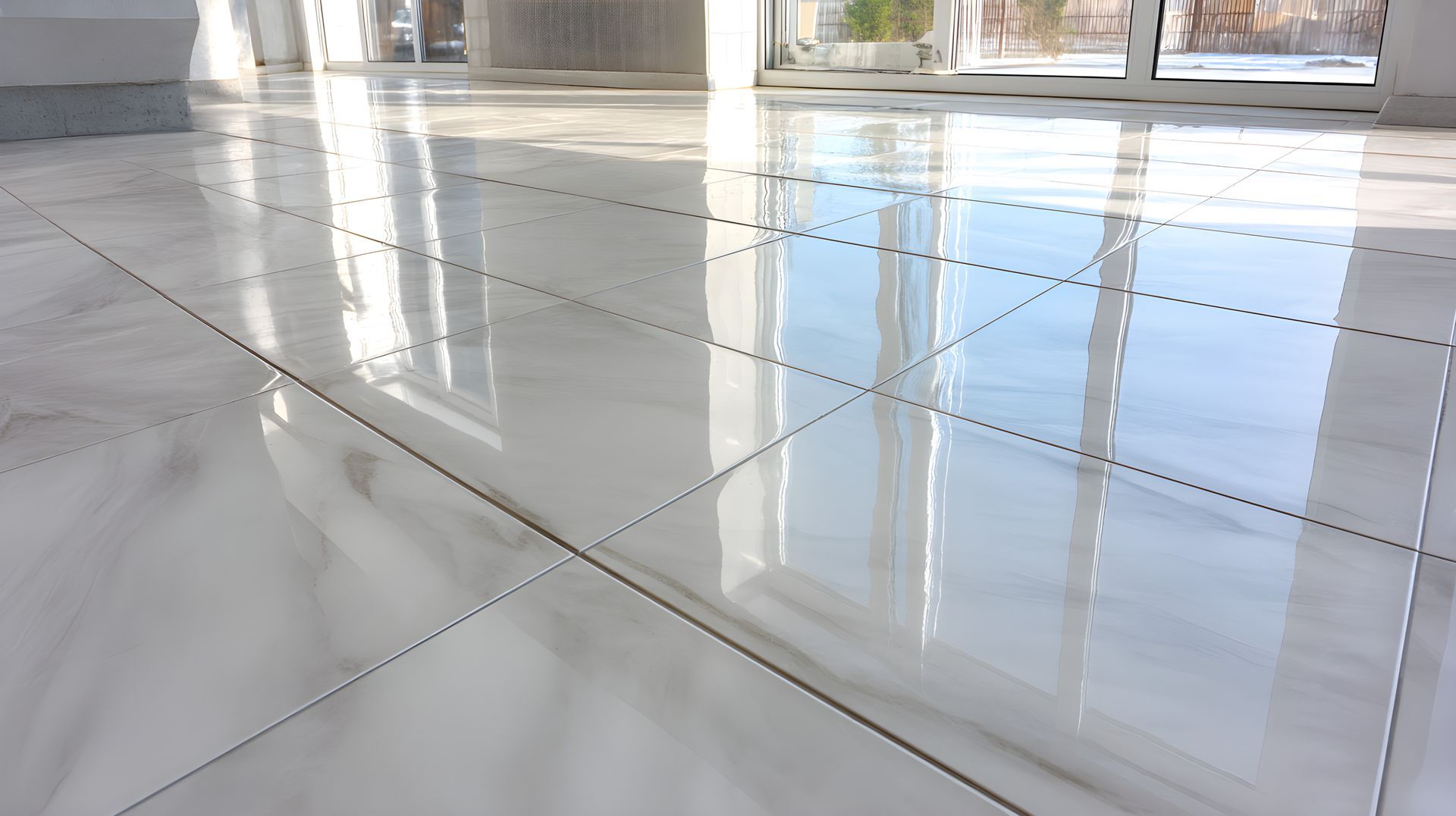In an era where sustainability and eco-friendliness are at the forefront of our consciousness, choosing building materials that minimize environmental impact has become a priority for many. Natural stone, often overlooked in favor of more modern alternatives, offers a compelling case for its ecological benefits in construction.
Abundant and Renewable Resource
One of the primary advantages of natural stone is its abundance in nature. Stone quarries exist worldwide, and when managed responsibly, they can serve as renewable resources. Sustainable quarrying practices involve minimizing waste, reusing materials, and restoring quarries to their natural state once extraction is complete. This approach ensures the long-term availability of natural stone without depleting our resources.
Low Energy Consumption
Compared to the energy-intensive processes involved in manufacturing synthetic building materials like concrete and steel, the extraction and processing of natural stone are relatively energy-efficient. Stone is quarried, cut, and shaped with minimal energy input, making it an eco-friendly choice for construction.
Longevity and Durability
Natural stone structures have stood the test for centuries thanks to their exceptional durability. Buildings constructed with stone can last for generations with minimal maintenance. This longevity reduces the need for frequent renovations and replacements, saving resources and reducing waste over time.
Reduced Carbon Footprint
The carbon footprint of natural stone is significantly lower than that of many alternative construction materials. stone's durability and resistance to weathering mean that it requires less maintenance and fewer repairs, resulting in lower greenhouse gas emissions associated with construction and maintenance activities.
Recyclable
Natural stone can often be recycled or repurposed, further extending its eco-friendliness. Salvaged stone can find new life in various construction projects, reducing the demand for new quarrying and minimizing waste in landfills.
Thermal Mass and Energy Efficiency
Natural stone possesses excellent thermal mass properties, which means it can absorb and store heat. This quality contributes to energy efficiency in buildings, helping to regulate indoor temperatures naturally and reduce the need for artificial heating or cooling.
Low Chemical Emissions
Unlike synthetic materials that may release harmful chemicals over time, natural stone emits no volatile organic compounds (VOCs) or other pollutants affecting indoor air quality. This makes it a healthy choice for both the environment and the occupants of the building.
Aesthetic Appeal and Biodiversity
Natural stone's timeless beauty enhances the aesthetic appeal of buildings and landscapes. It can also create habitats for local wildlife when used in landscaping, promoting biodiversity.
Conclusion
Natural stone offers many environmental benefits that make it a sustainable and eco-friendly choice for construction. From its abundance in nature to its low energy consumption, durability, and recyclability, natural stone reduces the environmental impact of construction projects.
By choosing this timeless material, we can build structures that testify to human ingenuity and our commitment to preserving the planet for future generations. As the demand for sustainable construction materials grows, natural stone remains a top contender for those seeking a greener, more responsible approach to building.


